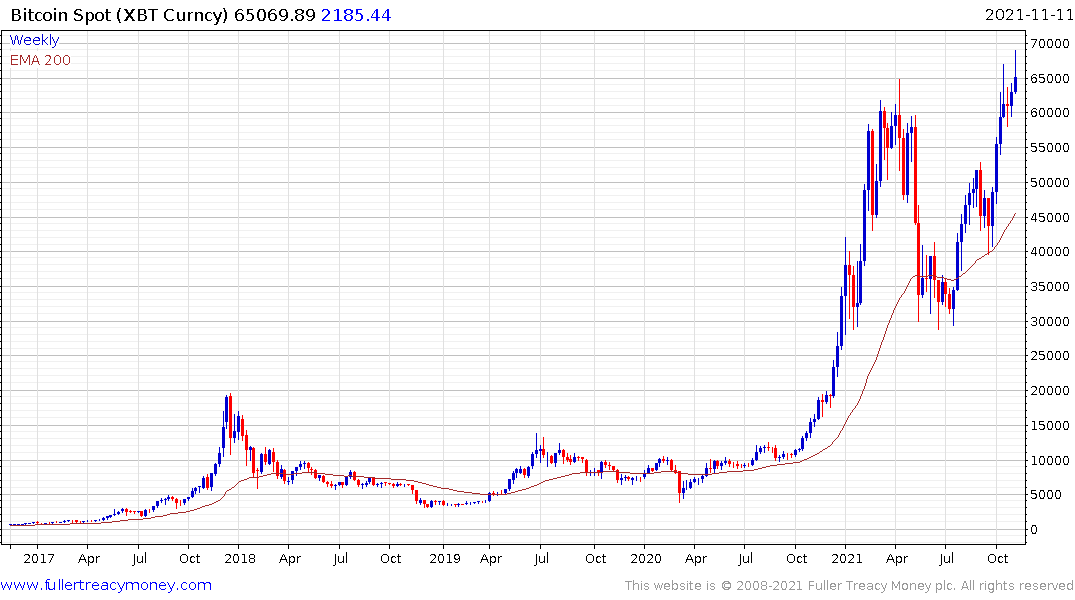How NFTs Create Value
Thanks to a subscriber for this article from the Harvard Business Review. Here is a section:
Itʼs not uncommon to see creators organize in-person meetups for their NFT holders, as many did at the recent NFT NYC conference. In other cases, having a specific NFT in your online wallet might be necessary in order to gain access to an online game, chat room, or merchandise store. And creator teams sometimes grant additional tokens to their NFT holders in ways that expand the product ecosystem: owners of a particular goat NFT, for example, were recently able to claim a free baby goat NFT that gives benefits beyond the original token; holders of a particular bear NFT, meanwhile, just received honey.
Thus owning an NFT effectively makes you an investor, a member of a club, a brand shareholder, and a participant in a loyalty program all at once. At the same time, NFTsʼ programmability supports new business and profit models — for example, NFTs have enabled a new type of royalty contract, whereby each time a work is resold, a share of the transaction goes back to the original creator.
This all means that NFT-based markets can emerge and gain traction quickly, especially relative to other crypto products. This is both because the NFTs themselves have standalone value — you might buy an art NFT simply because you like it — and because NFTs just need to establish value among a community of potential owners (which can be relatively small), whereas cryptocurrencies need wide acceptance in order to become useful as a store of value and/or medium of exchange.
The value of the NFT evolution is in giving greater control to the creators of intellectual property. The penniless artist is a long-standing meme because the few become truly great. Even then, seldom ever profit from their early works. It is only when they become famous and the value of their oeuvre increases that financial rewards come from new works. That’s not a great business model and NFTs help creators to participate in the increasing value of all their work to the extent others see value in it.
It remains to be seen how scalable that is for the emerging online worlds which look like little more than Minecraft with ownership rights.
From a business perspective it is attractive for founders because early adopters are continually rewarded. That means new ventures can quickly attract seed funding, so they can get off the ground quickly. The challenge will always be to encourage engagement because the relative rewards decline for each new participant in a community. That means there is clear pressure to continue to iterate with new add-ons which encourage continual engagement. For example, the virtual goat gets a kid, or the bored ape gets a pet dog. It is will be a business necessity to ensure the derivatives of the original concept are further subdivided to ensure continual novelty and engagement from existing and new consumers.
Even then the relative attraction of the next new thing will always be a bigger draw than the derivative of an existing project because of the embedded potential for growth. Every major bull market has a roaming mob that spurs interest in each new successive IPO or new entrant to the market. That’s where we are in the crypto bull market.

The latecomers to the party know they have missed the boat on being early on bitcoin so they are focusing instead on the NFT market in the hope bitcoin’s success will be repeated. Bitcoin, meanwhile continues to pause in the region of the all-time peak and Ethereum is back testing its sequence of higher reaction lows.


